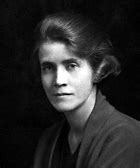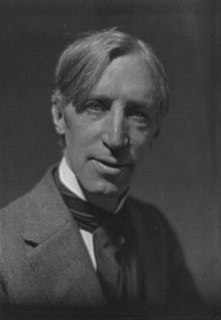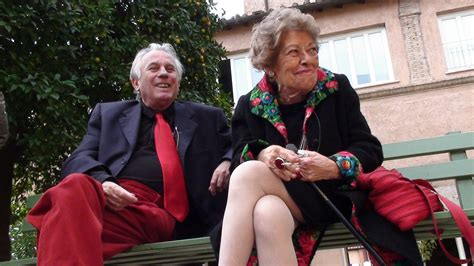A Quote by Henry David Thoreau
The frontiers are not east or west, north or south; but wherever a man fronts a fact, though that fact be a neighbor, there is anunsettled wilderness between him and Canada, between him and the setting sun, or, farther still, between him and it. Let him build himself a log house with the bark on where he is, fronting IT, and wage there an Old French war for seven or seventy years, with Indians and Rangers, or whatever else may come between him and the reality, and save his scalp if he can.
Related Quotes
What is this Charity, this clinking of money between strangers, and when did Charity cease to be a comforting and secret thing between one friend and another? Does Love make her voice heard through a committee, does Love employ an almoner to convey her message to her neighbor? ... The real Love knows her neighbor face to face, and laughs with him and weeps with him, and eats and drinks with him, so that at last, when his black day dawns, she may share with him, not what she can spare, but all that she has.
If your enemy is secure at all points, be prepared for him. If he is in superior strength, evade him. If your opponent is tempermental, seek to irritate him. Pretend to be weak, that he may grow arrogant. If he is taking his ease, give him no rest. If his forces are united, separate them. If sovereign and subject are in accord, put division between them. Attack him where he is unprepared, appear where you are not expected.
Forgive a wife-slammer if you can. But you don't have to live with him. Forgive a husband who is abusing your children if you can. But only after you kick him out of the house. And if you can't get him out, get help. It's available. In the meantime, don't let him near the kids, and don't let anyone tell you that if you forgive him it means you have to stay with him. [There's an important difference between forgiving a person and tolerating their bad behavior.]
And there is no difference, in principle - but only in degree - between political and chattel slavery. The former, no less than the latter, denies a man's ownership of himself and the products of his labor; and asserts that other men may own him, and dispose of him and his property, for their uses, and at their pleasure.
For him who is perfect in love and has reached the summit of dispassion there is no difference between his own or another's, or between Christians and unbelievers, or between slave and free, or between male and female. But because he has risen above the tyranny of the passions and has fixed his attention on the single nature of man, he looks on all in the same way and shows the same disposition to all. For in him there is neither Greek nor Jew, male nor female, bond not free, but Christ who 'is all, and in all' (Col. 3:11; cf. Gal. 3:28).
Man is not by any means of fixed and enduring form (this, in spite of suspicions to the contrary on the part of their wise men, was the ideal of the ancients). He is nothing else than the narrow and perilous bridge between nature and spirit. His innermost destiny drives him on to the spirit and to God. His innermost longing draws him back to nature, the mother. Between the two forces his life hangs tremulous and irresolute.
Society is to the individual what the sun and showers are to the seed. It develops him, expands him, unfolds him, calls him out of himself. Other men are his opportunity. Each one is a match which ignites some new tinder in him unignitible by any previous match. Without these the sparks of individuality would sleep in him forever.


































